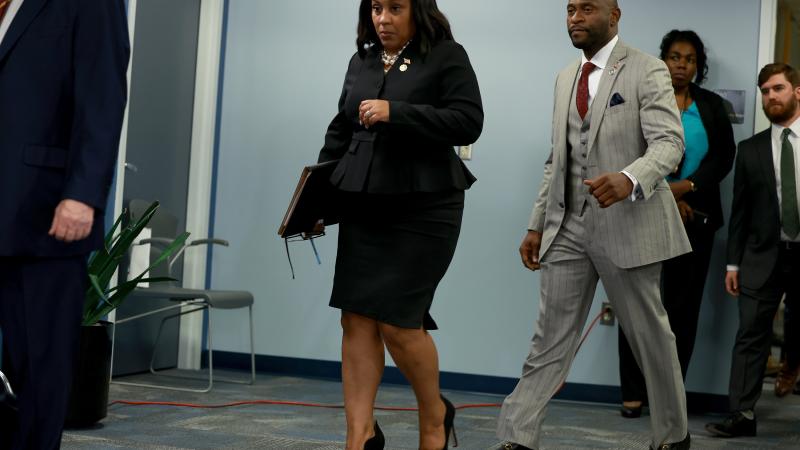Hawaii governor signs bills blocking penalties for abortion
Hawaii was the first state to legalize abortion in 1970.
Hawaii will not cooperate with other states' civil or criminal investigations related to abortion under a new law signed by Gov. Josh Green.
Senate Bill 1, also known as Act 2, prohibits the issuance of a subpoena in connection with an out-of-state or interstate investigation related to abortion and bans any agency from providing information or spending time or resources to further such an investigation.
It also bans the state from penalizing anyone for aiding a woman in getting an abortion and bans the governor from cooperating with any demand from another state to surrender someone charged with a crime related to abortion, among other things.
The new law also erases female-specific language in Act 1 and replaces the word "female" with "pregnant person."
The act intends to "maintain the constitutional right" for a woman to have an abortion and stems from the Supreme Court decision in 2022 that repealed Roe v. Wade, which the bill called a threat to the state's policy, according to the bill.
"This is one of the most important issues of our time and as Hawai'i's physician-governor, I tell you absolutely that this goes beyond a complex social issue for political discussion," said Green. "This is 100% about fundamental, practical health care for our people."
Hawaii was the first state to legalize abortion in 1970.
The bill drew a plethora of support from health care agencies but some opposition from pro-life groups, nonprofits and individuals.
"There are many pressing needs of the people of Hawaii and spending legislature time and public resources to support this bill, when we have so many other pressing needs within our society which do not have resolution, some have said it is unnecessary," said SJ Melendez in written testimony. "It is preferred that your time be spent on items within our society which do not have resolution."
The governor also signed Senate Bill 36, which clarifies under what conditions a felony prosecution can be initiated, stating that county prosecutors can bring forth a felony case through a complaint following a preliminary hearing.
The bill was meant to resolve an issue after the Hawaii Supreme Court ruled that the law did not permit the initiation of felony criminal charges through preliminary hearings, even though the process had been used for nearly four decades, according to the governor's office.
"The people of Hawai'i want to feel safe in their homes and communities and have every right to expect government leaders to provide public safety. This legislation is a tool that will help our law enforcement officers and county prosecutors continue their work toward that goal," said Green.
SB 36 also prohibits the prosecution from more than one attempt at charging a felony case unless the new material evidence is presented, there is evidence of misconduct, or the court finds good cause to allow another attempt.














